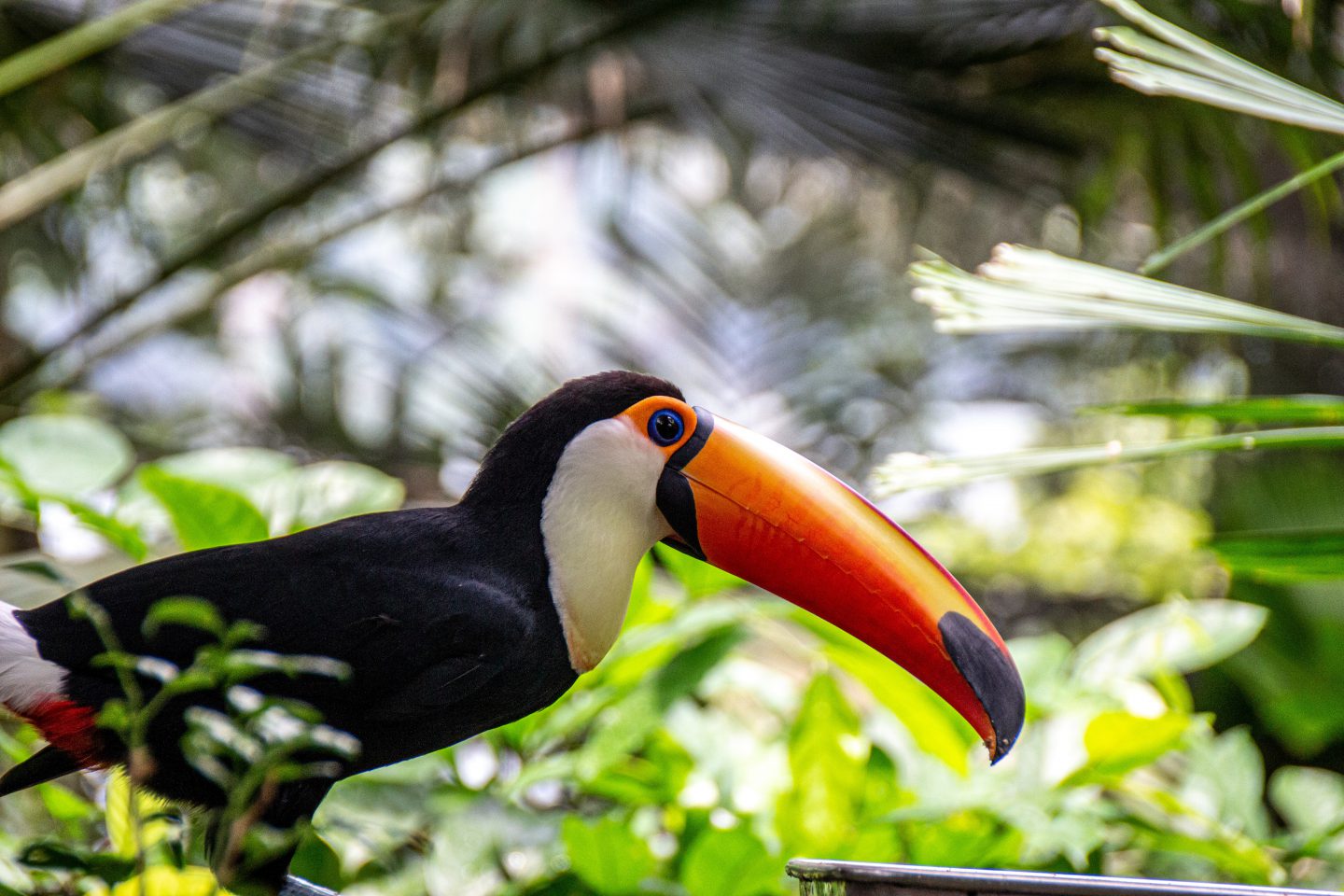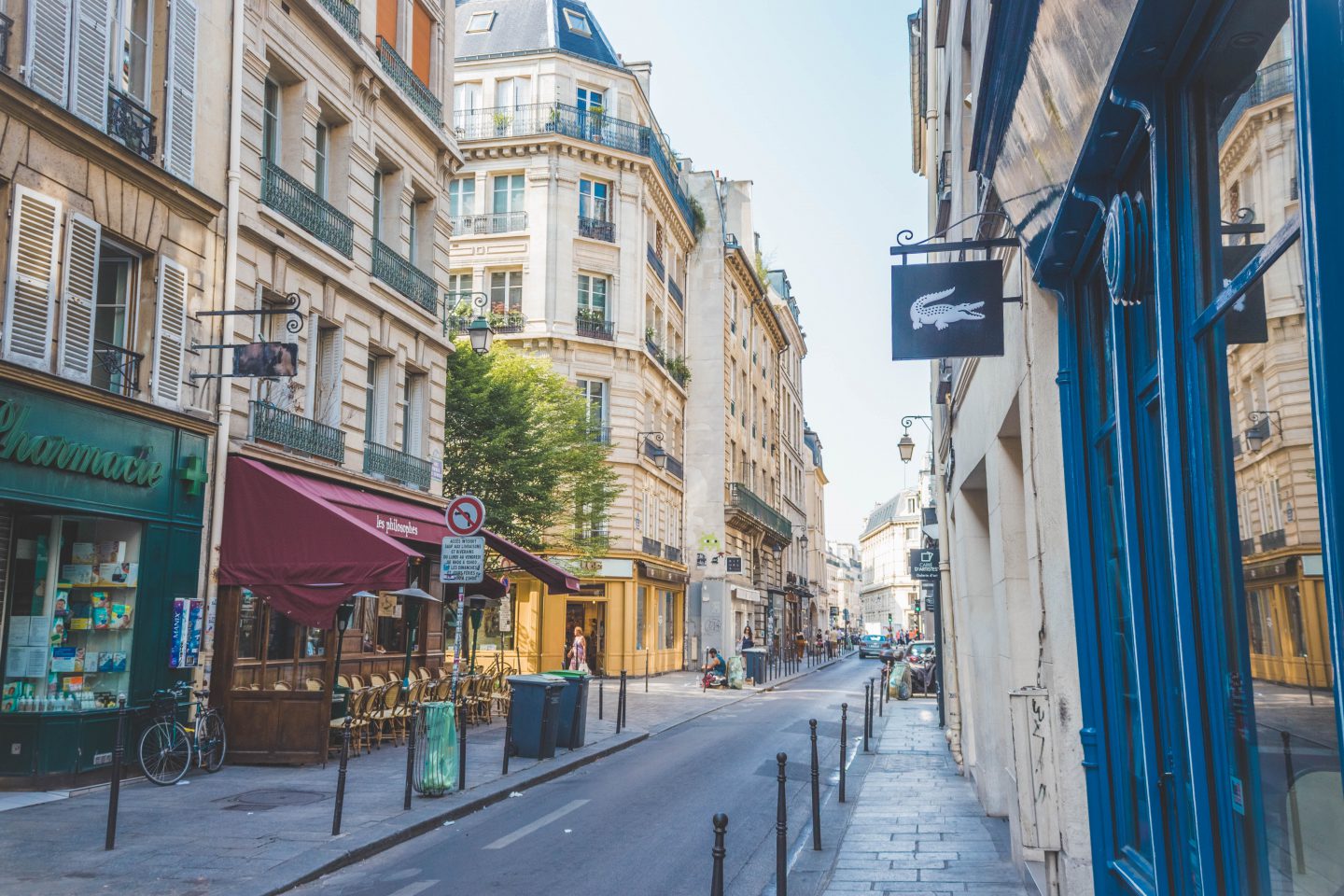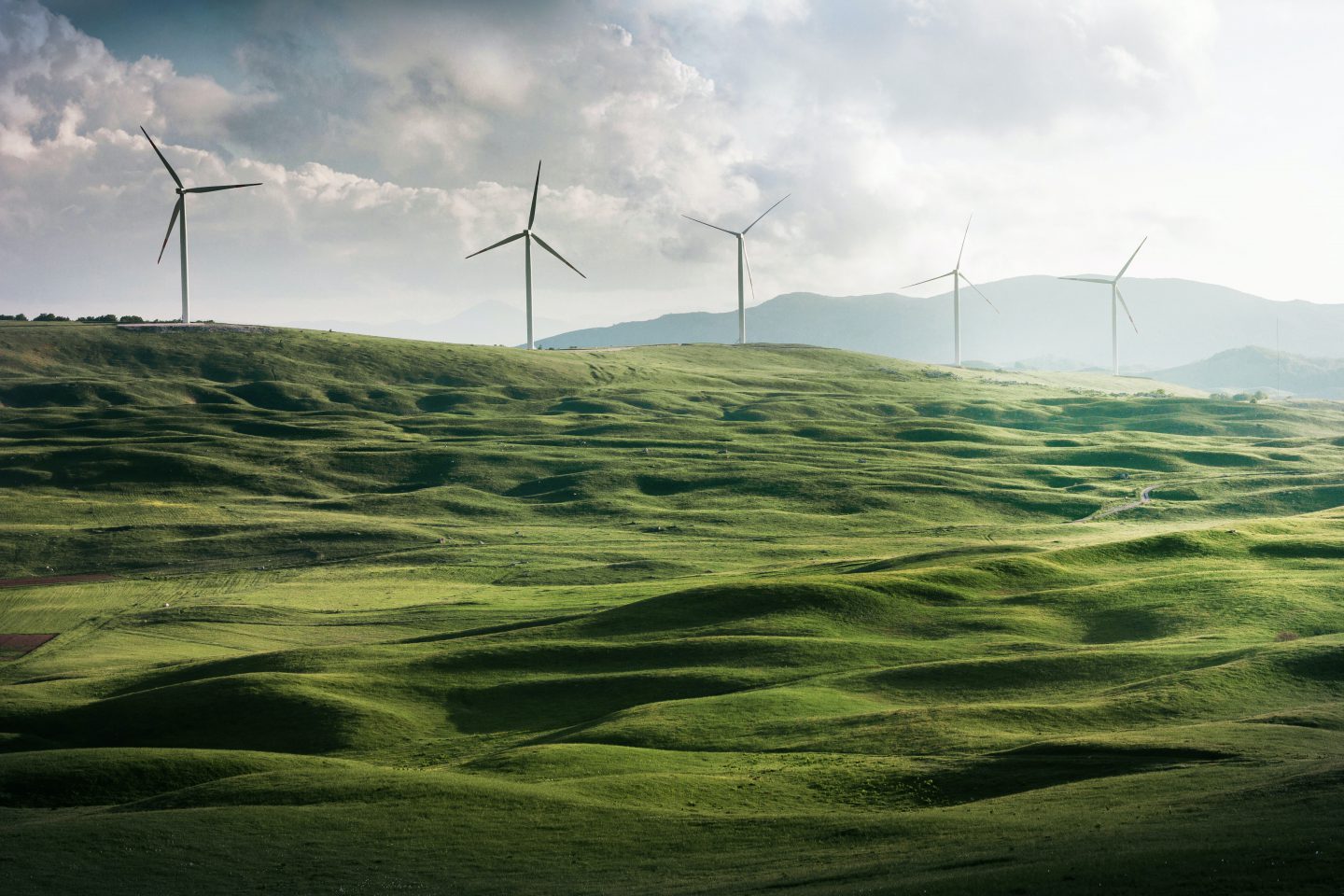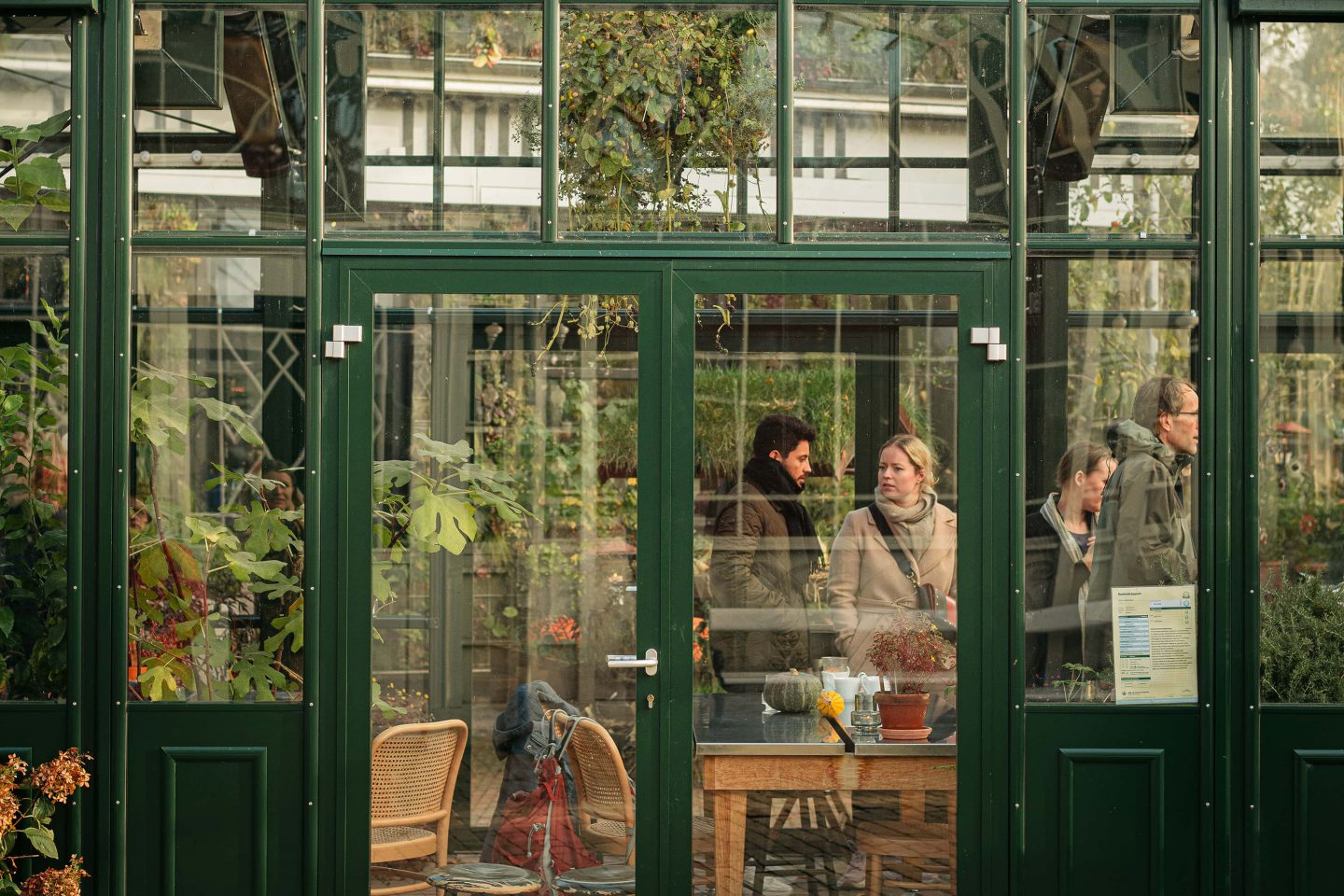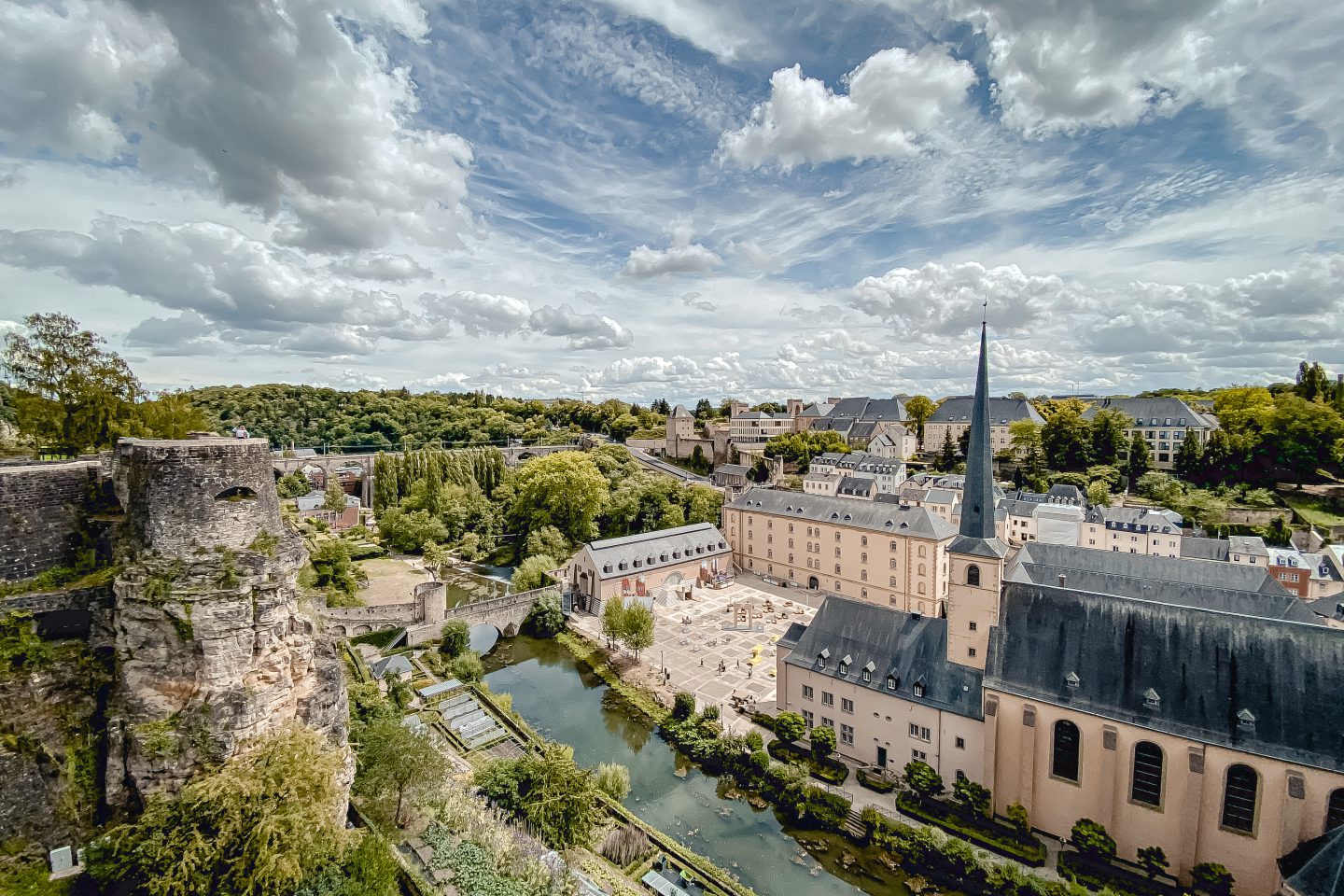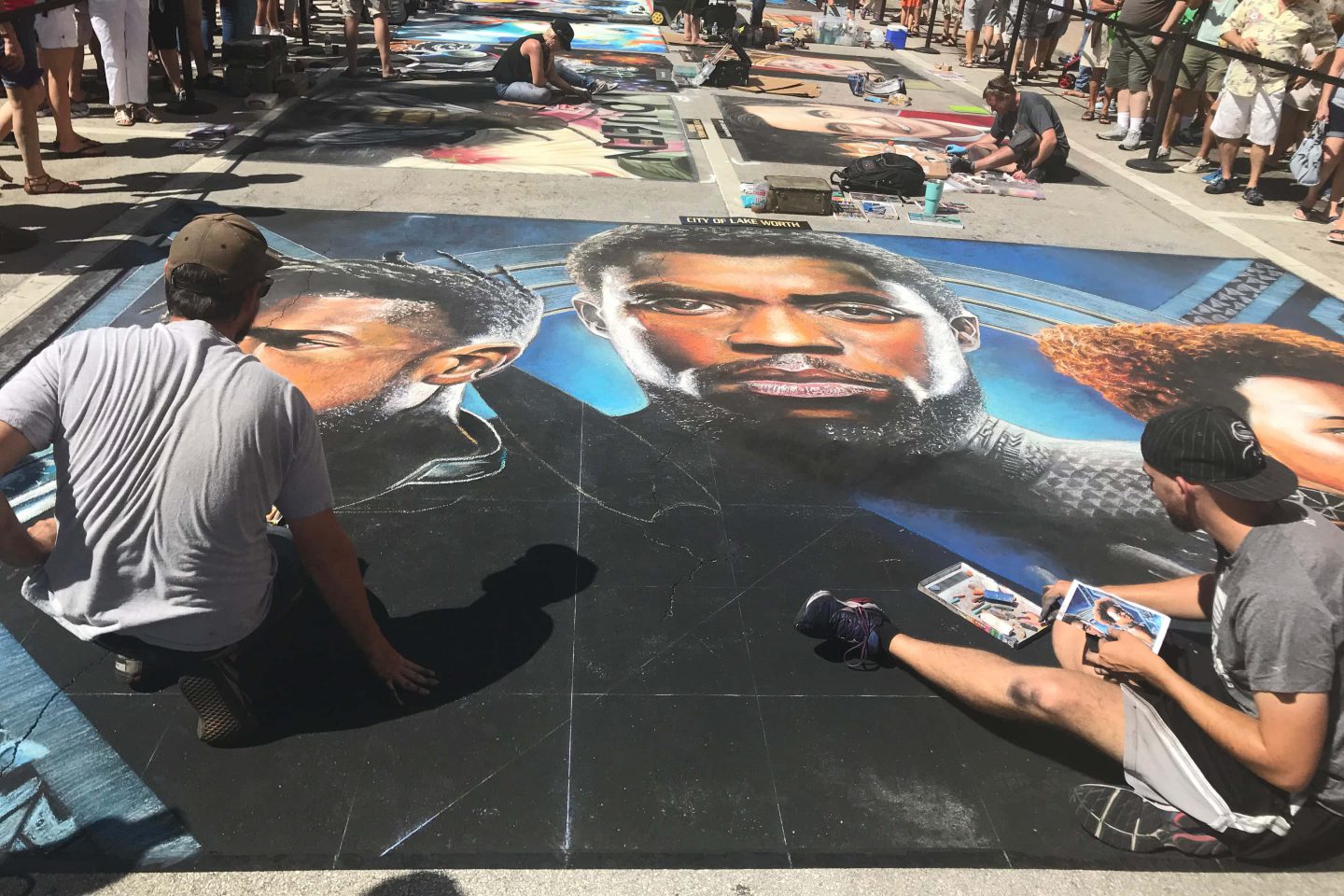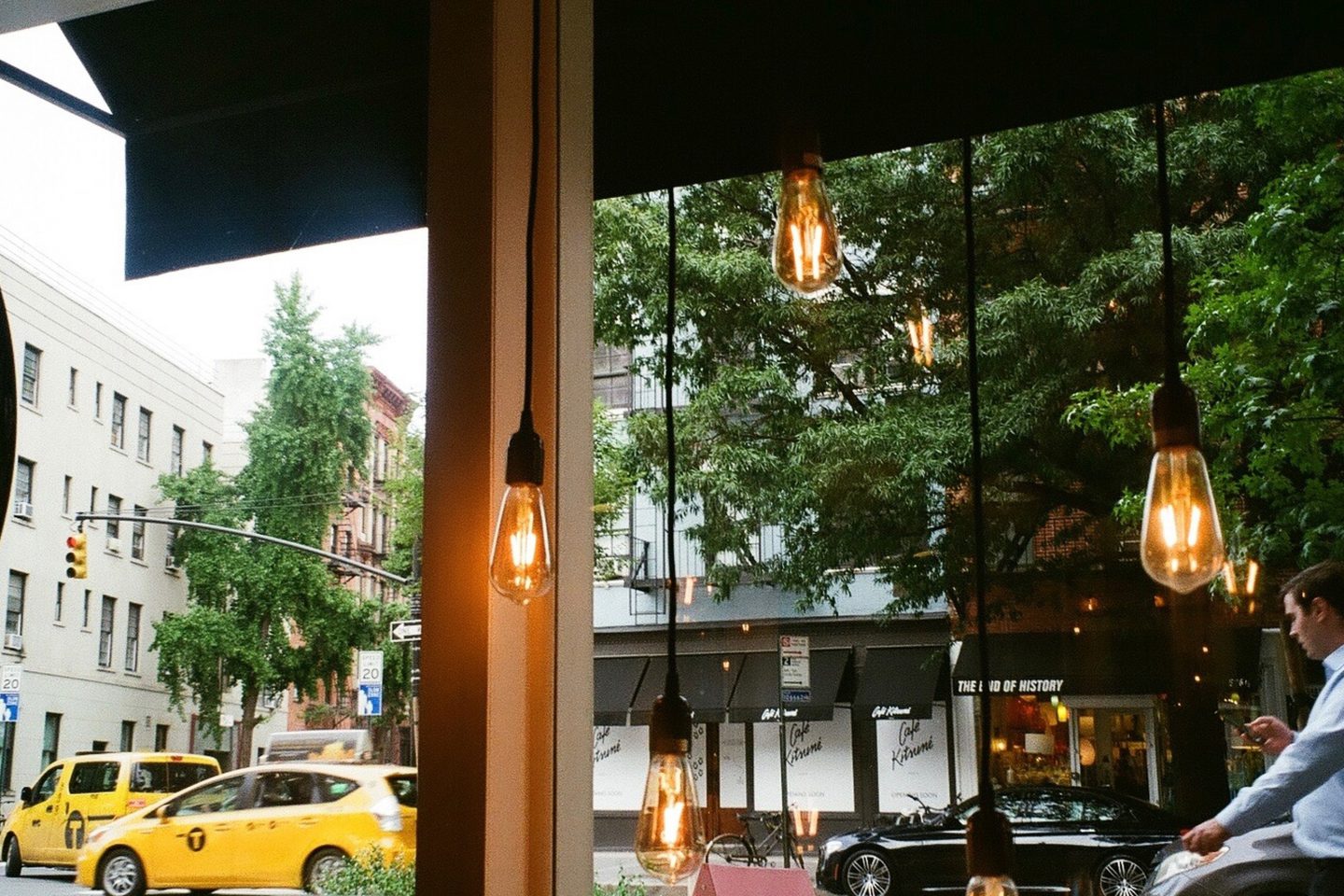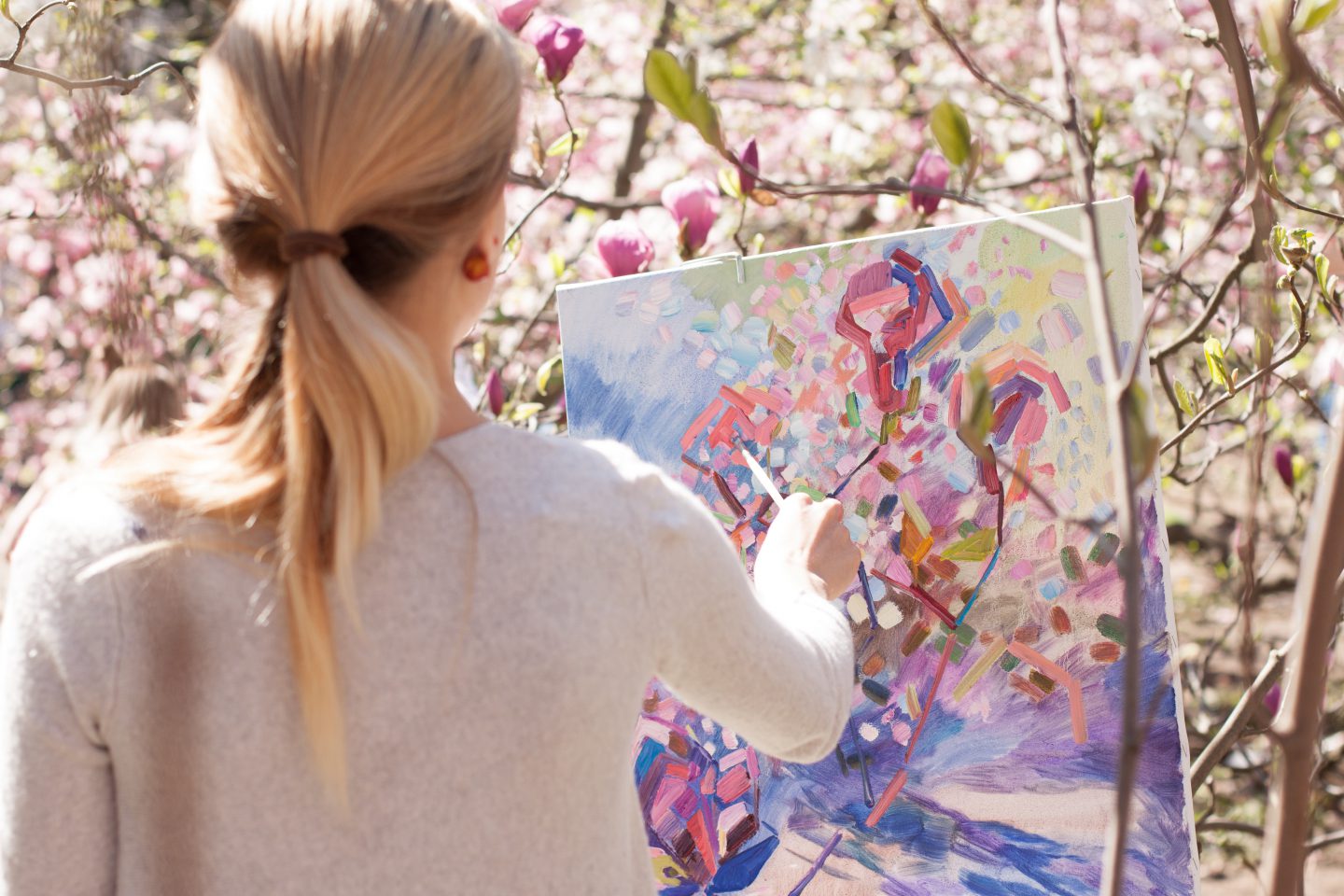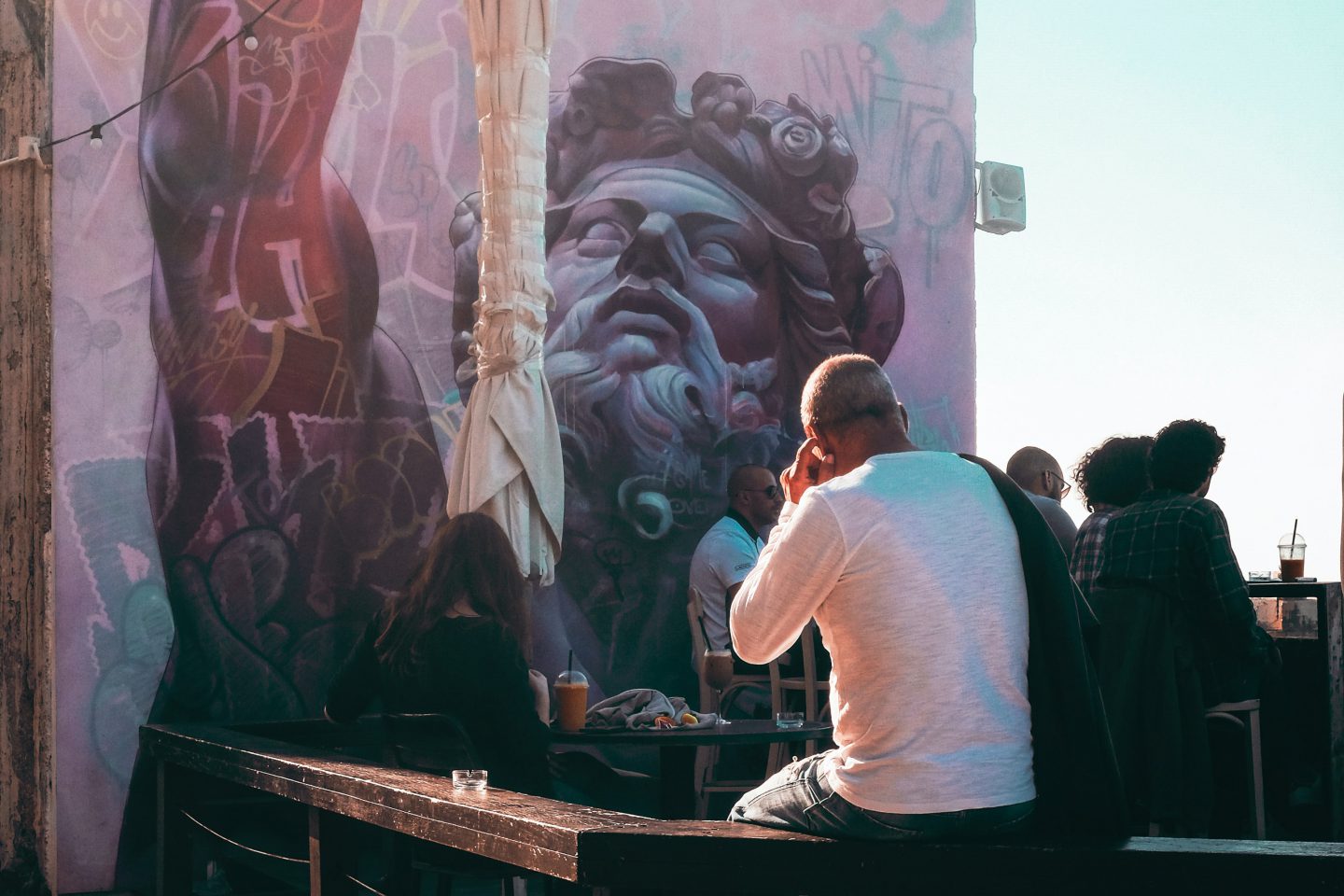More than a quarter of all trees worldwide grow in tropical rainforests. But the destruction of the rainforest continues to progress. Worldwide, an area of forest the size of thirty football fields disappears every minute. In March 2020 alone, a forest area of around 645,000 hectares has been destroyed. This is equivalent to an area of more than 900,000 football pitches. In addition to the destruction of biodiversity and the habitat of animals, deforestation – per definition the act of clearing a wide area of trees – is displacing the indigenous population of these countries. Norway is the first country to commit itself to a complete ban on deforestation.
Read more →